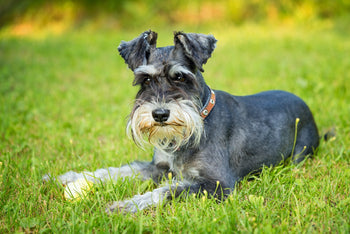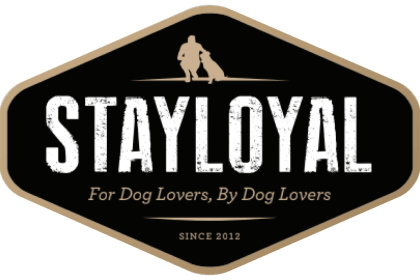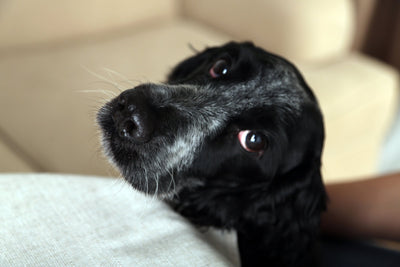Is the Miniature Schnauzer the Dog for You?

Often referred to as the “little old man” dog due to their full beards, the Miniature Schnauzer is a lovable terrier. It’s hard not to fall in love with their cute looks and springy step. But dog breeds in the terrier group can be challenging and are not for everyone. Before you add one to your home, read on to find out if the Miniature Schnauzer is the dog for you.
Breed History
The Miniature Schnauzer’s history is a bit dependent on who you ask. The American Kennel Club maintains the breed was bred down from the Standard Schnauzer sometime during the 15th Century in Germany. Other breeds used were the Affenpinscher and the Poodle. The Schnauzer Club of Victoria says they were from Austria, not Germany, were bred in the 14th Century, and have Wolf Spitz, Wire Hair Pinscher and Black German Poodle in their genes.
Regardless of how they came into being, it’s clear what they were created for. Part of the terrier group, their small size was desired for keeping pests, in particular rats, out of barns and homes. By the 1800s they were being shown as a distinct breed from the Standard and Giant. Today, they enjoy popularity the world over as a family dog more than a farm dog. The adult stands between 33-36cm and weighs 4.9 to 9 kg.
Temperament
The Miniature Schnauzer is said to be an outlier in the terrier group, having a temperament that is not as fierce or strong-willed as others in the group, however they do share the same level of high intelligence that most dogs bred to seek out prey have. Yet they tend to be less independent than other terriers, loving to interact and be around their humans. Deeply loyal, they can be wary of strangers at first and many are alert barkers.
Energy Level
Like all terriers, the Miniature Schnauzer definitely has energy, but it’s not so much that they can’t live happily in your downtown flat. Provide them with a bit of daily exercise and they are content to sit on the couch with you or go for a car ride. Their prey drive is strong, so a game like fetch where they can chase is always appreciated.
Space Needed
Miniature Schnauzers do not need a large living space. They can easily share your flat with you, as long as you can provide some type of daily exercise. If you do have a yard, be aware that this is not a “backyard dog.” They want to be with their people, not left alone. And, due to their prey drive, off leash they can be hard to catch, and crafty at escaping the yard to chase a critter.
Common Health Problems
As far as breeds go, Miniature Schnauzers are a fairly healthy breed. One of the biggest costs will be routine grooming, unless you learn to do it yourself. They have a wiry double coat that requires frequent brushing and combing. It’s best to routinely “strip” the coat to remove the dead hair.
Their most common genetic issue is that they are prone to form bladder stones. They can also be prone to liver shunts and hyperlipidemia, which is high concentration of fats in the blood. Cataracts are also common in the breed. Good breeders will have their breeding stocks’ eyes tested – the Schnauzer Club of Victoria has a list of tested stock.
Training
An intelligent breed, the Miniature Schnauzer is fairly easy to train as long as you keep it interesting. They do get bored easily! Also, their strong prey drive means that they will forget about you if something crosses their path they can chase. They should not be trusted off leash unless you have done some heavy recall training. They do very well in canine sports including rally, obedience, agility and of course, earthdog events, which allow them to use their natural terrier instincts of sniffing out prey.
Due to their tendency to be wary about strangers, it’s also important to socialize your Miniature Schnauzer from a young age as part of their training.
Feeding Recommendation
We recommend you feed your Miniature Schnauzer puppy our Salmon, Turkey & Pork All Life Stage food, switching to the adult portions at around 8 months of age.
The Miniature Schnauzer is a cute, intelligent, loving companion that can make a great family dog as long as you can provide daily exercise, appropriate grooming and training. Do this, and you will have a long and happy life together.








